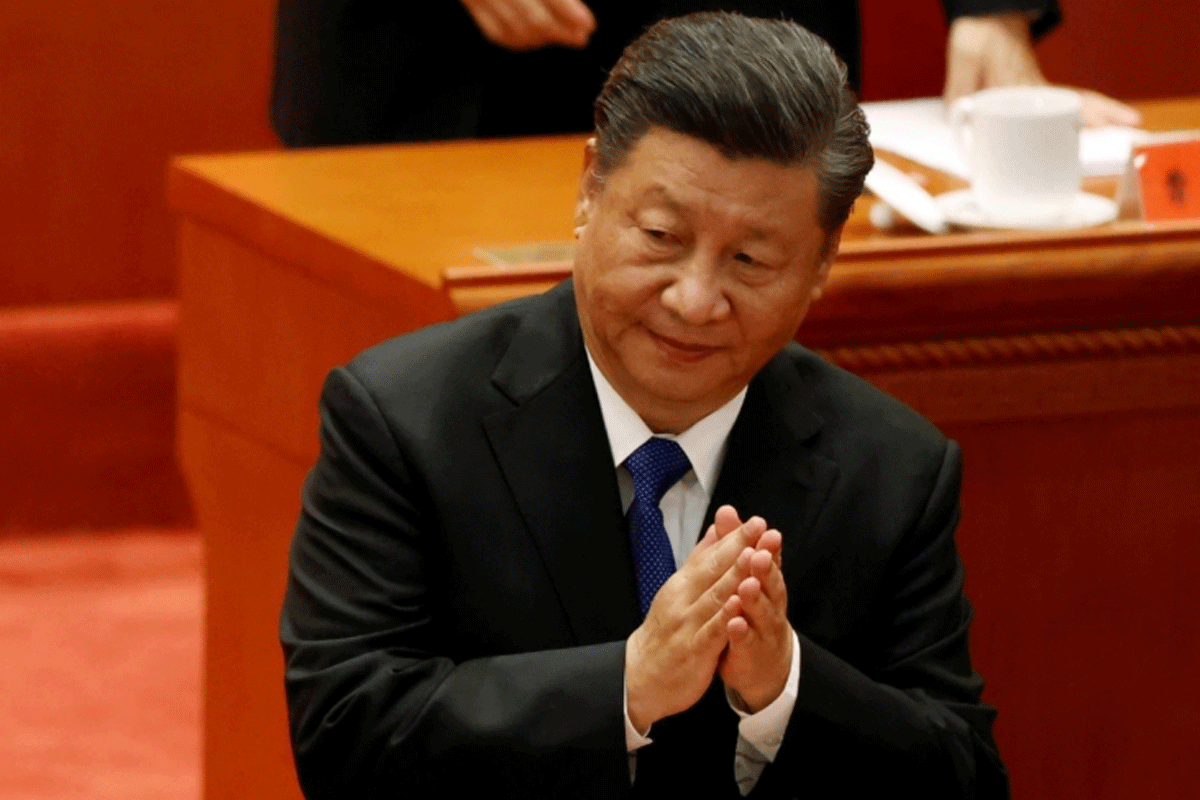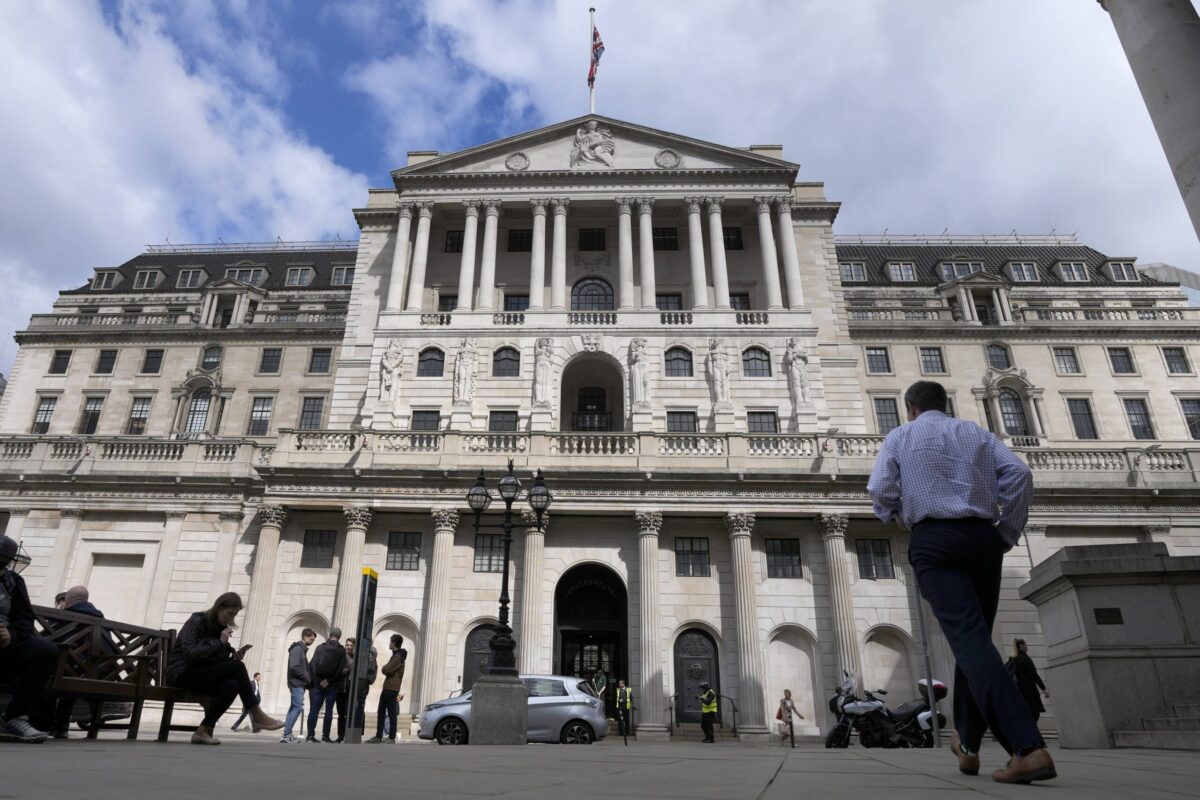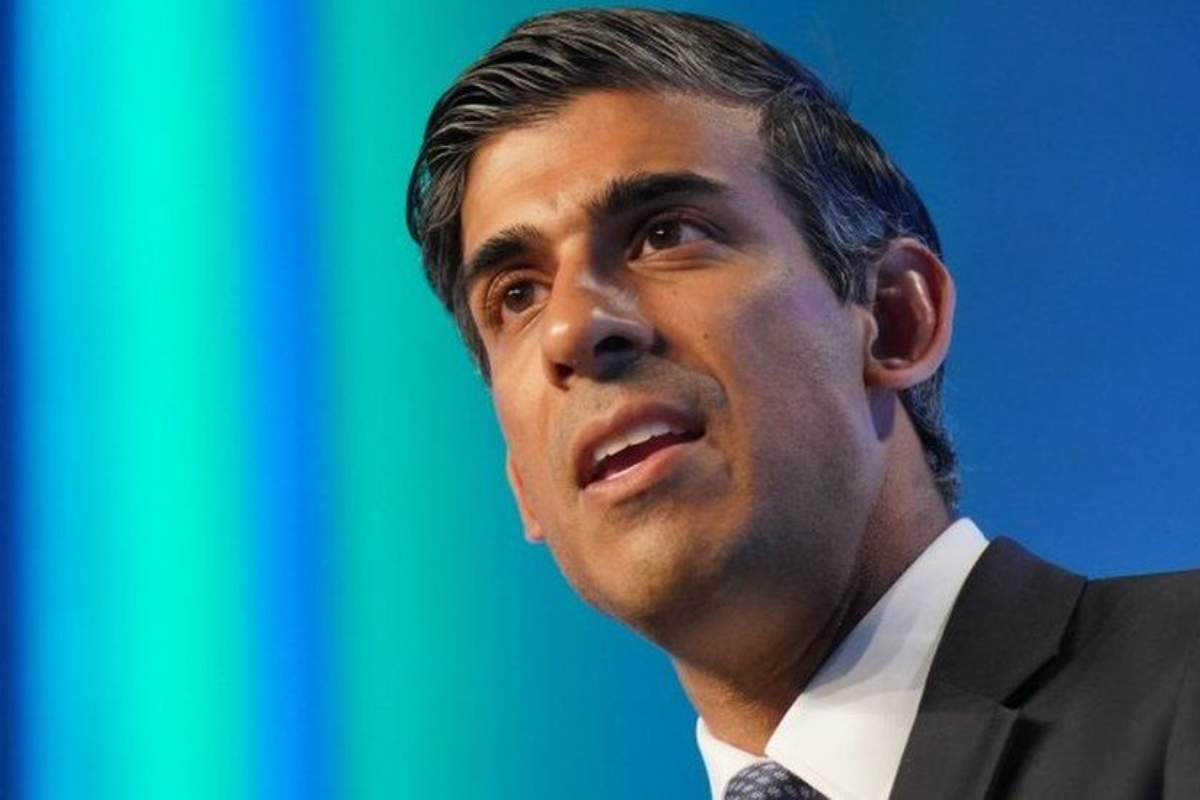- Inflation expectations and company prices have slowed, but core pay has increased. Rate-setters may believe that they should raise interest rates by 50 basis points. The Bank of England may take solace from a recent drop in how much consumers expect prices to rise.
- Salary growth has accelerated, but much of the increase is due to one-time bonuses. Pay, including bonuses, increased by 6.2 percent in the three months to May.
- However, employment expectations for the next 12 months have dropped to their lowest level in over a year.
LONDON, August 1 – The Bank of England says it will act forcefully if necessary to prevent the inflationary surge from becoming a long-term problem, which means it could deliver a rare half-percentage point interest rate rise as soon as this week.
Here are some of the factors Governor Andrew Bailey and his colleagues will consider as they assess the persistence of inflationary pressures ahead of their next scheduled monetary policy announcement on Thursday at 1100 GMT.
Inflation expectations and company prices have recently slowed, but core pay has increased.
Rate-setters at the Bank of England may believe that they should raise interest rates by 50 basis points after other central banks raised borrowing costs sharply in recent weeks, despite the risk of an economic slowdown or recession.
EXPECTATIONS FOR INFLATION
In June, Britain’s main inflation measure reached a 40-year high of 9.4 percent, prompting some economists to raise their forecast for the peak of inflation to 12 percent. However, central banks are frequently concerned about future inflation expectations.
The Bank of England may take solace from a recent drop in how much consumers expect prices to rise in the coming years.
A survey released on Monday by Citi and pollsters YouGov found that public expectations for inflation in the next five to ten years – the most important measure for the Bank of England – fell in July for the third time in four months, though it remained high by historical standards at 3.8 percent. more info
Another Bank of America survey, released on July 12, found that five-year inflation expectations had dropped to their lowest level in nearly a year. more info
A measure of financial market expectations for inflation in the next five to ten years fell to its lowest level since April 2020 last week, but has since risen.
If high inflation expectations become entrenched, they may lead to higher pay demands, which may fuel additional inflation in the future.
Salary growth has accelerated, but much of the increase is due to one-time bonuses to attract or retain employees as employers struggle to find candidates to fill open positions.
Pay, including bonuses, increased by 6.2 percent in the three months to May, up from around 3 percent just before the COVID-19 pandemic, but lower than the previous two monthly readings and lagging inflation.
Regular pay growth increased to 4.3 percent, exceeding its immediate pre-pandemic levels of 3-4 percent.
According to the Bank of England’s own survey of employers, expectations for pay growth in the next 12 months increased to 5.1 percent in June from 4.8 percent in May. However, the survey also revealed that employment expectations for the next 12 months have dropped to their lowest level in over a year.
In addition to pay, high inflation could become embedded in the economy if companies continue to raise their prices in response to rising costs.
In April, increases in firm prices charged, as measured by the S&P Global/CIPS Purchasing Managers Index, were the highest since records began in 1999. However, while still rapid by historical standards, the pace slowed slightly in May and June and cooled significantly in July.
Separate data from the Office for National Statistics show a drop in the proportion of businesses expecting to raise their prices in early July.
[embedpost slug=”/prince-harry-and-meghan-markle-are-threats-to-firm/”]
Read more










































